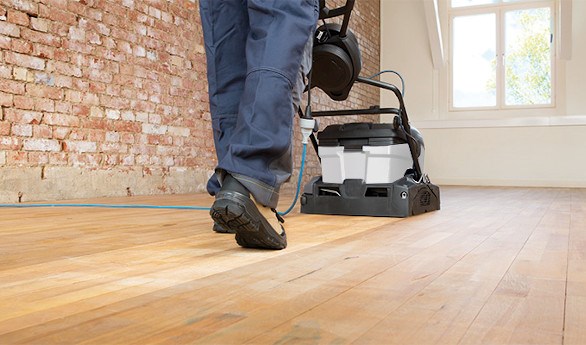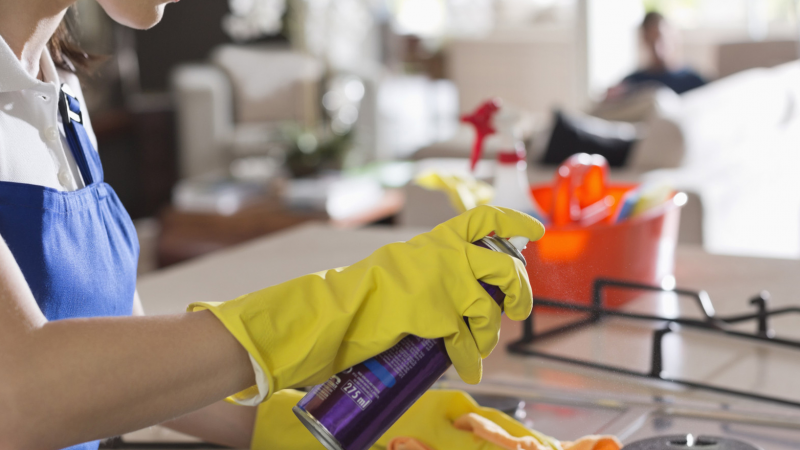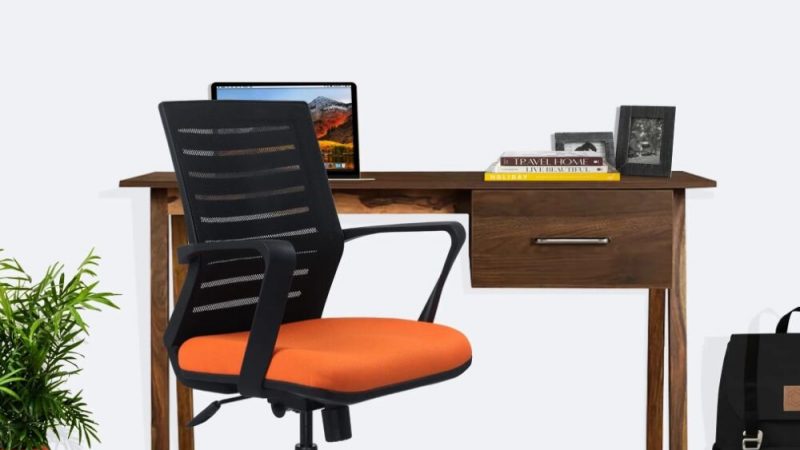3 Ways On How To Prevent Drains From Damage
Precaution is better than cure. This not only applies to humans but objects as well. Spilling drains are inconvenient, but if noticed and addressed early on, it may be sufficient to evade more major leaks, overflowing, blocked drains, or electrical damage.
When investigating the reason for spilling drains, there are several aspects to examine, including:
Is your drain located indoors or outdoors?
When your drainage is out, it was most probably clogged by development of leaf litter or even tree stumps that had made their way into lines and created a blockage. If there’s an interior clog, it might have happened as a result of flushing large objects or things down the sewer. Sanitary goods, toilet paper, and other difficult-to-flush debris can jam sewers and choke drainage, resulting in blocked drains. Wipes, napkins, and sometimes even hair could be the source of contamination.
Is it a drain in the kitchen, bathroom, or toilet?
If your toilet or bathroom drains are clogged, it’s mainly due to the objects you flush down the toilet. If it’s a domestic drain, it might be caused by food bits, grease, or other material being washed into the pipelines from your basin or dishwasher. These can produce major clogs and require the help of a sewer line cleaning professional.
Keeping Drains from Overflowing
You may take actions to avoid obstructions, and they should be included in your daily home routine. You may prevent some of the terrible side effects of rain gutters if you’re vigilant as to what goes down your pipes and what lays surrounding them.
- Water with an unpleasant odour
- Roofs, walls, or ceilings that are leaking
- Wiring or electrical connections that are damaged
Kitchen
The far more essential thing you could do to avoid blocked drains in the first instance is to keep a frequent eye on the garbage that flows down your drainage pipes. In the kitchen, this entails scrubbing dishes properly to prevent food from going down the tubes, as well as using sufficient liquids to dissolve the fat and oils used in cooking. Instead of pouring oil down the sewer, dump it into a canister, allow it to settle, and then toss it away. If you still pour it down the drain, make sure to follow it up with a gust of water to solidify the oil and prevent it from adhering to the lines.
Bathroom
Avoid dumping strange things down toilets, such as ponytail grips, since they may quickly accumulate other material, such as fluff, and form a blockage. Baby wipes, tampons, facial wipes, or coarse wool should be thrown away rather than being shoved down toilets, where they would clog tiny pipes and produce a flood. Excess toilet paper usage is another typical cause of blocked drains, so just be sure you’re only using what you need each moment.
Drainage on the outside
It suffices to say that you really should always strive to maintain your garden’s drains clear of twigs, greenery, any other yard trash that might get carried into the drain and clog it. One technique to keep these sewers from spilling is to clear your lawn frequently and use a compost heap with waste.
If your drainage gets clogged, you might have to hire a good drainage specialist to figure out what’s causing issues and how to fix them. A drainage professional will employ various tactics, including specialised CCTV cameras to examine difficult-to-reach drains to determine what is obstructing the flow of water. Skilled professionals can also counsel you on how to avoid something from occurring in the future.




